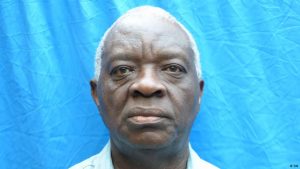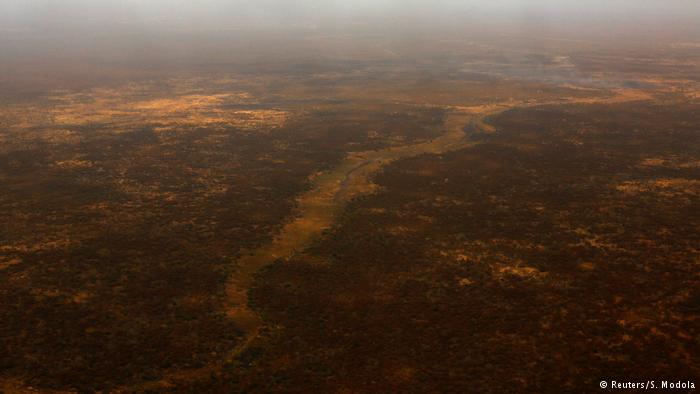South Sudan, Africa’s newest country, has remained in the throes of ethnic fighting and extreme economic crisis over the past three years and recently declared a national disaster related to famine. South Sudan’s information minister, Michael Makwei, said that at least 7 million out of the country’s population of 12 million are in dire need of food.
According to the minister, the international community has responded to the government’s urgent appeal for food aid, and the first shipments are expected to arrive in the country before the end of February.
“Never, never has the country faced such a thing,” said Makwei on the phone from Juba referring to the famine.
Since South Sudan became an independent country six years ago, it has depended on the international community for food aid. The government in Juba cannot constantly depend on international food aid and should move away from aid-dependency syndrome.
The country’s fertile land has the potential to produce plenty of food for its people, as it did following independence in 2011. But the land is now utterly unproductive because of the endless ethnic fighting, and the country relies on food imports from its neighbors, like Uganda. And gone are the days when the people of South Sudan were proud to own hundreds of livestock, especially cattle.
To make matters worse, rains have become erratic over the past two seasons, and there is little prospect of significant rains before August of this year.
As UNICEF and other aid groups are reporting, the cause of the famine is not environmental but political. Ongoing ethnic violence is killing dozens of people every day and displacing tens of thousands more.
The fighting is between government forces loyal to President Salva Kiir and fighters loyal to rebel leader Riek Machar. Kiir is a member of the Dinka tribe, the country’s largest ethnic group, while Machar comes from the Nuer, the second-largest tribe.
Luckily for South Sudan, the Nile River traverses its territory. The time has come for the government to utilize the waters of the Nile to irrigate the fertile lands that lie on either side of the world’s longest river.
Farmland close to towns such as Malakal, the capital of Upper Nile region, Bor and the capital, Juba, could be transformed into South Sudan’s major breadbaskets. These areas are fertile and once irrigated, they can produce large quantities of maize, millet and other crops that form the country’s staple foods.
Since South Sudan currently depends too much on oil production for income, so the addition of cash crops could boost its economy.
Be that as it may, the painful fact that remains is that famine has become the tragic reality in South Sudan and without the cessation of ethnic violence, it will continue gripping the country for the foreseeable future.

Source: James Shimanyula/ DW



